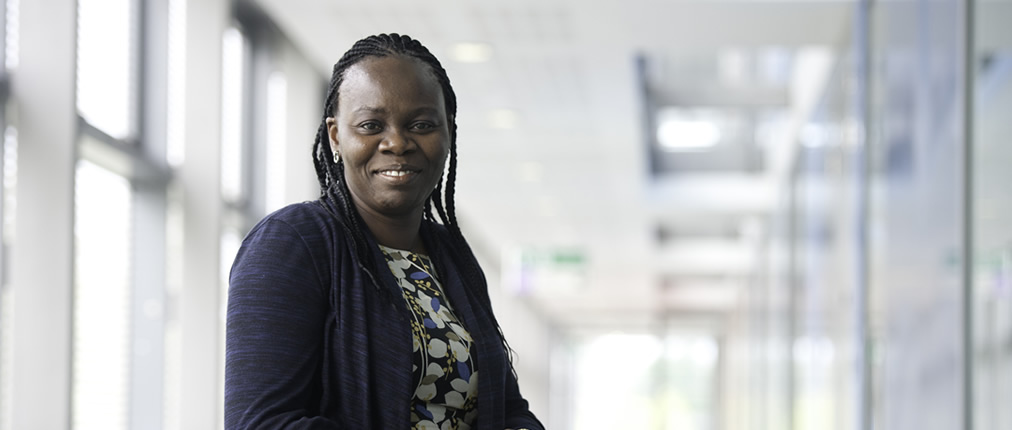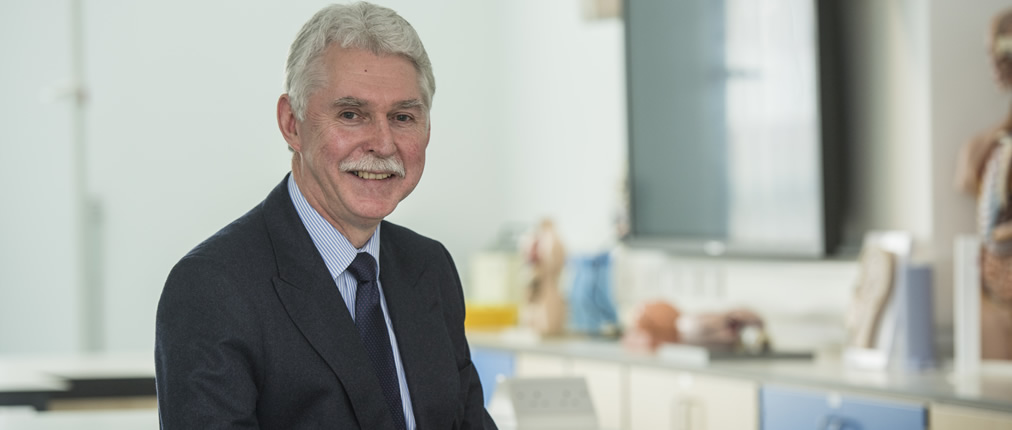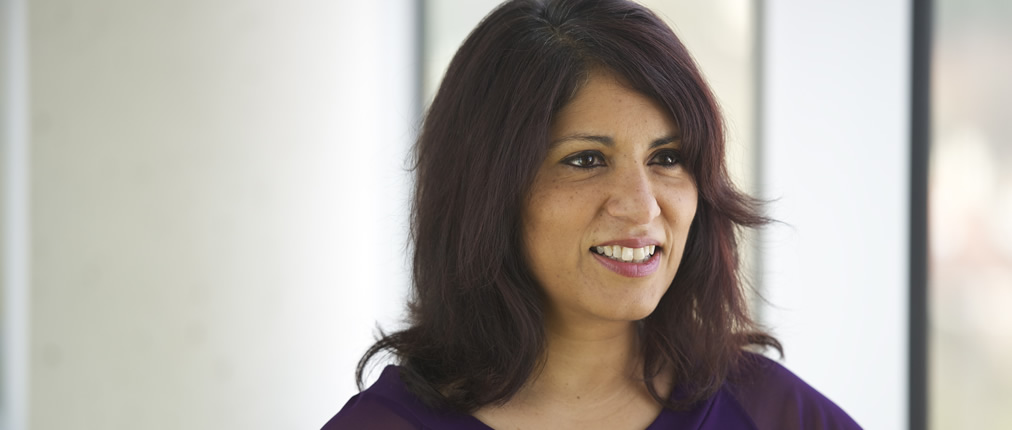Hartley News Online Your alumni and supporter magazine
In December 2015 the new leadership arrangements for equality and diversity at the University were announced. Professor Sir Christopher Snowden, Vice-Chancellor, adopts the role of University Equality and Diversity Champion. He will be supported by Professor Nyovani Madise as Equality and Diversity lead.
We asked five of the key individuals for their thoughts on where we are now and their roles in making sure we make further progress across the University into the future.
Nyovani Madise, Equality and Diversity Lead
Why did taking a lead role in equality and diversity for the University appeal to you?
My research is about addressing inequalities in health. Through this work, I have been hugely influenced by the reason behind Bill and Melinda Gates’ philanthropy. They argue that the geography of a person’s birth is mere chance and should not determine what they can and cannot access in terms of healthcare and social services. I believe that a university, with its diverse community, is a good place for demonstrating that fairness and equal opportunities yield dividends. As such, entry into its community and progression up the levels, should be irrespective of gender, age, disability, sexual orientation and other protected characteristics.
What would you like to achieve as lead for equality and diversity, or what would you like to help the University to achieve?
The University has made good progress in addressing the gender pay gap and in enabling people identifying with protected characteristics[1] to participate and contribute in University life. We have also made good progress in the Athena SWAN programme, but we can do more. For example, University data show that the overall pay gap still remains, and there are ‘leaky pipeline’ and ‘glass ceiling’ effects for women and black and minority ethnic (BME) staff. We will roll out training in unconscious bias, starting with senior managers through to new staff members. Within the student body, we need to investigate how we can address the gender disparity in some disciplines (eg science, engineering, technology, medicine and health) and we should continue to embrace diversity of our student community. Finally, we need clear procedures and indicators for monitoring progress in equality and diversity across the whole University. The ability to do this effectively is largely dependent on voluntary disclosure of the protected characteristics.
What are you most looking forward to in taking on this role?
I am excited to be working with Sir Christopher in his role as the Equality and Diversity Champion. His commitment sends the strongest possible signal that we cannot rest on previous successes, but that we should be striving to be an exemplar university in equality and diversity.
[1] The Equality Act 2010 defines the protected characteristics as: age, disability, gender (including transgender), race, religion and belief, sexual orientation, pregnancy and maternity and marriage and civil partnership.
Professor Iain Cameron, Chair of the Athena SWAN committee
How would you describe the progress made in addressing gender equality through the Athena SWAN initiative?
The Athena SWAN Charter has provided an effective catalyst to enhance careers for women in science and medicine. I am grateful to colleagues in Southampton for their enthusiastic engagement with Athena SWAN. This has raised the profile of gender equality; the range of awards that we now hold at bronze and silver level is a testament to the hard work of many across the University. The University is now in a strong position to apply for an Athena SWAN silver award. However, there remains more to do to embrace the wider diversity agenda fully for all of our students and staff.
For more on Athena SWAN at the University, visit the webpage.
Janice Donaldson, Director of Human Resources
As our HR Director, what is your view on equality and diversity at the University?
Innovation and creativity come from the edges, from the difference not the sameness. The more diverse our workforce, the better we will be. I look forward to the day when we have moved beyond gender, ethnicity, sexual orientation, race and creed to truly valuing the uniqueness of every individual and the specialness of their particular contribution. However, we need some help in this journey and a structured and supported approach to diversity is what will get us there, we have made an excellent start and as our new V-C points out it is about holding to the course, continuously improving and being simply better at it than our competitors.
Kamaljit Kerridge-Poonia, Head of Diversity (Human Resources)
How would you summarise the current position of equality and diversity in the University?
As a university, we continue to make good progress in equality and diversity. We’ve received two Athena SWAN silver awards for Chemistry and Medicine. We’ve also made very good progress in promoting women to levels 6 and 7.
Sir Christopher’s leadership in this area will now build on these successes and help us to achieve our aim of being a leader in this sector for equality and diversity in the future.
For more on the University’s equality and diversity approach and activity, please visit the website or contact the team on diversity@southampton.ac.uk
As our new Equality and Diversity Champion, you have said you want to address diversity and equality issues “directly, consistently and continuously”– what difference do you believe this can make to the people in our University community?
I think it can make a big difference. All universities, including Southampton, have embraced diversity and equality but we need to keep working on it. We need to remember that people have different needs and requirements at different points in their careers, and offer flexibility and support. For example, you can’t expect a parent with a young child trying to balance childcare and a career to have exactly the same working day as everyone else.
I think we need to deal with these issues directly because it’s important not to pass them over or pass them around, responding consistently because fairness stems from being consistent, and continuously because we simply can’t drop the baton.
For more on Sir Christopher’s thoughts on equality and diversity, read his full interview here.



